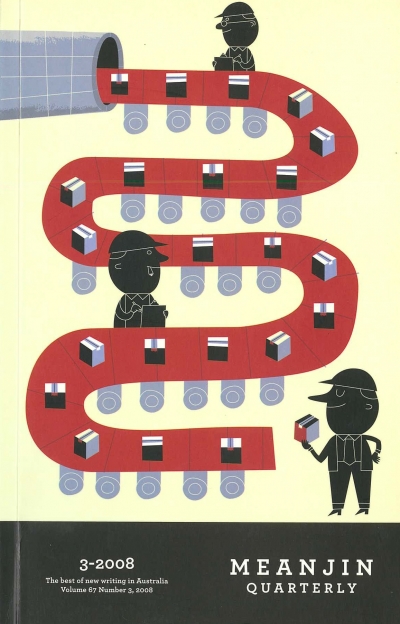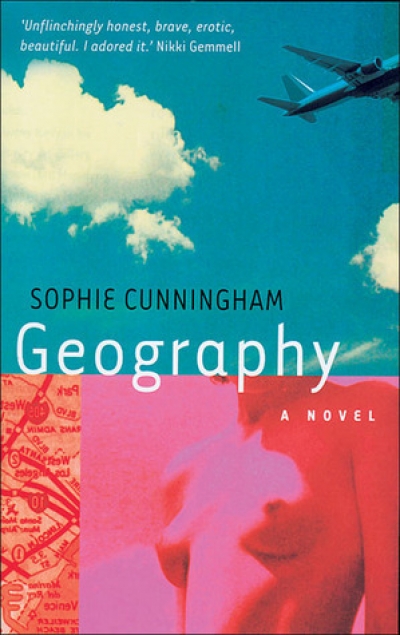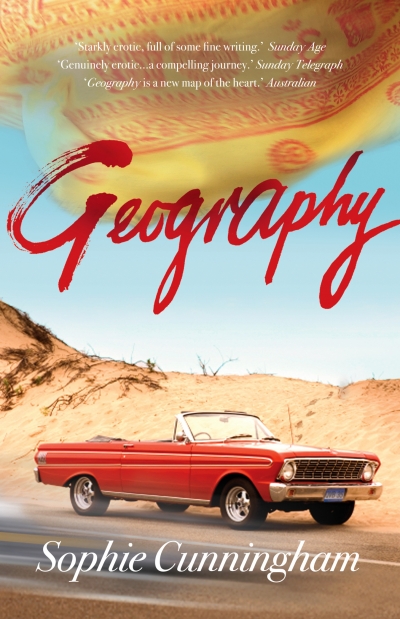Sophie Cunningham
Who’s who
Dear Editor,
Henry Ergas’s disingenuous response (ABR, November 2004) to my review (ABR, October 2004) of Peter Saunders’s Australia’s Welfare Habit and How to Kick It deserves a reply. Ergas poses as a dissatisfied ‘customer-reader’ of ABR. From this position, he expresses outrage at my review of Saunders’s book. Come off it, Henry!
... (read more)




